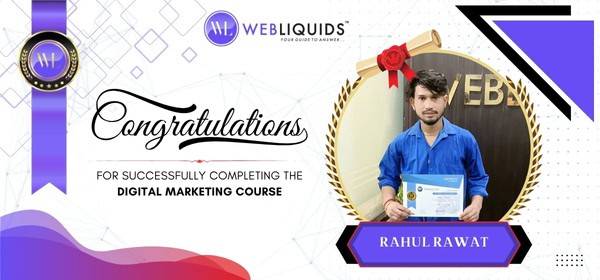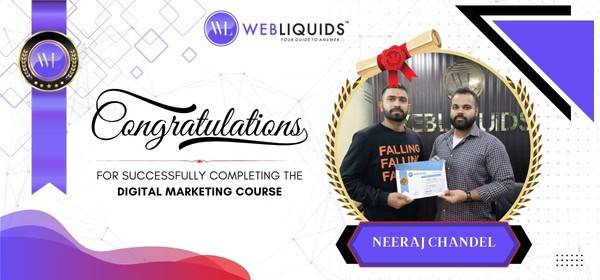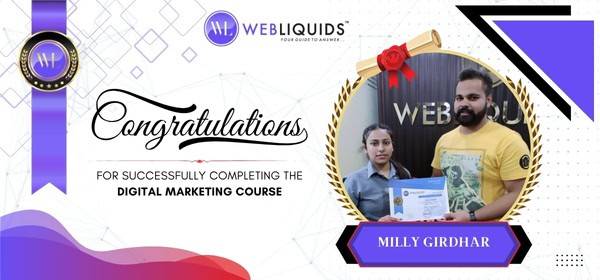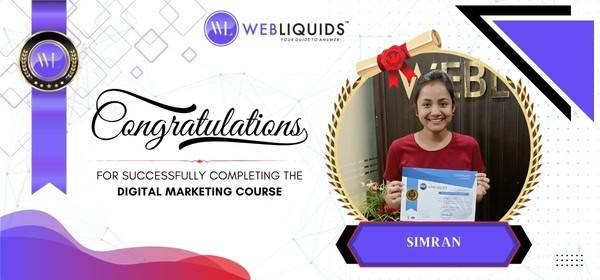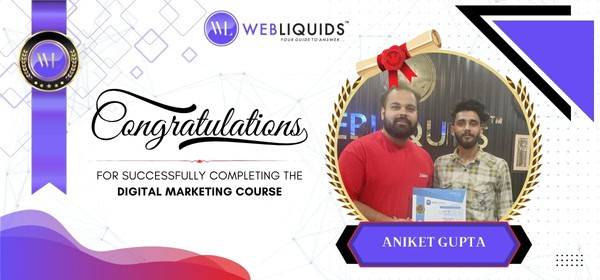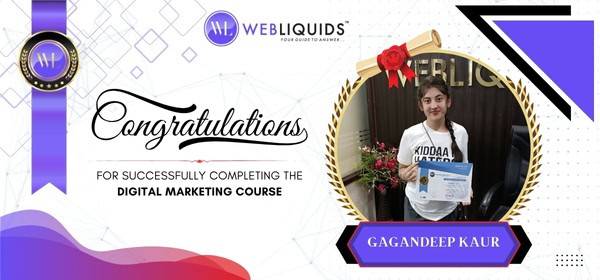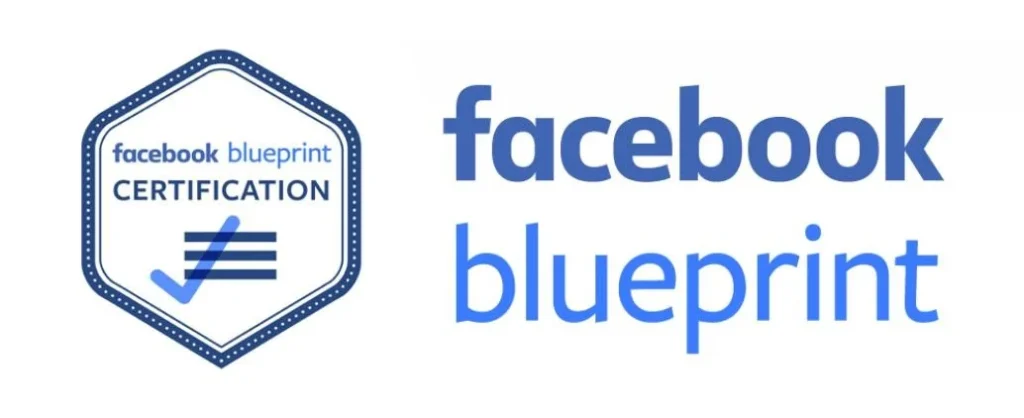Low-Cost Marketing Strategies: Smart Ways to Grow Your Startup Without Overspending

Low-Cost Marketing Strategies: Smart Ways to Grow Your Startup Without Overspending
Marketing is one of the biggest challenges for startups and small businesses. You want to reach more customers, build brand awareness, and grow—but budgets are tight. The good news? You don’t need huge advertising funds to make a real impact. With creativity, consistency, and the right approach, even small businesses can build strong digital visibility using low-cost marketing strategies.
Today’s digital world offers endless opportunities to promote your brand without spending big. Whether you’re just getting started or looking for affordable ways to scale, this complete guide will walk you through the best low-budget marketing strategies that actually work.
Why Low-Cost Marketing Matters for Startups
Startups operate with limited resources, which means every marketing dollar must count. Many young businesses fail not because of bad products, but because they don’t know how to reach customers affordably. Low-cost marketing helps startups:
- Maintain financial stability
- Build brand awareness gradually
- Grow organically without high pressure
- Connect with customers personally
- Compete with bigger brands
Most importantly, low-cost marketing encourages creativity—and creativity is often more powerful than money.
Top Low-Cost Marketing Strategies for Startups
Let’s explore the most effective, budget-friendly marketing techniques that small businesses can use for fast and consistent growth.
1. Social Media Marketing
Social media is one of the most powerful—and free—marketing tools available. Platforms like Instagram, TikTok, Facebook, and LinkedIn offer massive visibility without requiring paid ads.
How to use social media effectively:
- Post consistently
- Share behind-the-scenes content
- Use trending audio and hashtags
- Engage with followers
- Collaborate with other creators
- Create short-form videos
Short videos, memes, and story-based content work exceptionally well because they create emotional connection and encourage engagement.
2. Content Marketing
Content marketing is one of the most valuable long-term strategies for startups. When you provide helpful, educational, or entertaining content, customers naturally trust you more.
Types of content to create:
- Blogs
- Guides
- Infographics
- Reels
- Educational videos
- Case studies
- Tutorials
Good content keeps working forever—it brings organic traffic, boosts SEO, and positions your brand as an authority.
3. Search Engine Optimization (SEO)
SEO is a slow but powerful low-cost strategy. When your website ranks high on Google, you get free traffic 24/7.
Easy SEO steps for beginners:
- Use keywords in your content
- Write detailed blog posts
- Add internal links
- Optimize meta tags
- Build backlinks through guest posts
- Create high-quality website content
SEO takes time but pays off with long-term visibility at no extra cost.
4. Email Marketing
Email marketing is cheap, personal, and one of the best ways to build relationships with your audience.
What to send:
- Newsletters
- Offers and discounts
- Product updates
- Free resources
- Welcome sequences
Tools like Mailchimp, MailerLite, and Sendinblue offer free plans perfect for startups.
5. Micro-Influencer Collaborations
You don’t need to work with celebrities. Micro-influencers (1k–50k followers) often deliver better engagement and work for free products or small payments.
Why micro-influencers work well:
- High trust from followers
- More affordable
- Suitable for niche marketing
- Better conversion rates
This is one of the fastest ways to grow brand awareness on a small budget.
6. Community Engagement
Join online communities where your target audience spends time. This helps you build authority and attract customers naturally.
Examples of communities:
- Facebook groups
- Reddit
- Discord groups
- LinkedIn groups
- Industry forums
Engage, add value, answer questions—don’t just promote your business. Build relationships first.
7. Referral Programs
Referral marketing is cheap and powerful because people trust recommendations from friends and family.
Offer rewards like:
- Discounts
- Coupons
- Free upgrades
- Small gifts
Referral programs help you turn existing customers into brand ambassadors.
8. Google My Business Optimization
A fully optimized Google Business Profile helps local businesses get discovered easily—completely free.
Optimize your profile by:
- Adding photos
- Updating business details
- Posting weekly updates
- Asking customers for reviews
Local customers will find you faster through Google Maps and local search.
9. User-Generated Content (UGC)
UGC is content created by your customers—photos, reviews, unboxing videos, testimonials, etc.
UGC works because:
- It’s social proof
- It builds trust
- It’s free
- People love real experiences
Encourage customers to tag you or use branded hashtags.
10. Collaborations with Other Small Businesses
Collaborations help you reach new audiences at zero cost. You can co-host events, cross-promote each other, or create bundled offers.
Examples:
- Bakery + coffee shop
- Gym + nutritionist
- Clothing brand + accessories seller
Both businesses benefit and gain new customers.
11. Short-Form Video Marketing
Short videos are dominating platforms like TikTok, Instagram Reels, and YouTube Shorts. They require almost no money but can reach millions.
What to create:
- Tips and hacks
- Behind-the-scenes content
- Day-in-the-life videos
- Product demos
- Storytelling videos
Consistency is key—post at least 3–5 videos per week.
12. Guest Posting for Backlinks and Exposure
Writing articles for other websites helps you reach new audiences and boosts your SEO.
Benefits:
- Builds credibility
- Earns backlinks
- Drives free traffic
- Expands brand authority
Many websites accept free guest posts if your content is valuable.
13. WhatsApp and SMS Marketing
This is one of the most affordable ways to reach customers instantly.
Use it for:
- Flash sales
- Order updates
- Customer support
- Special offers
It’s especially effective for local businesses.
14. Free Marketing Tools
You don’t need expensive software. Many powerful tools are free:
- Canva (design)
- CapCut (video editing)
- Google Analytics (traffic insights)
- Buffer (social scheduling)
- ChatGPT (content assistance)
These tools save time and money while helping you market smarter.
Conclusion
Low-cost marketing doesn’t mean low-quality marketing. With the right approach, startups and small businesses can grow quickly, attract customers, and build strong brand authority without major expenses.
Creativity matters more than budget. If you stay consistent, understand your audience, and provide real value, your brand can compete with even the biggest players.
Affordable marketing is not just possible—it’s powerful.
FAQs
1. Can small businesses really grow with low-cost marketing?
Yes, many successful businesses grow using social media, SEO, content, and referrals without big budgets.
2. What is the cheapest marketing method?
Content marketing and social media are the cheapest and most effective ways to reach customers.
3. How long does it take to see results?
Organic strategies take time. Most businesses see results in 2–4 months with consistent effort.
4. Do I need paid ads to grow?
Paid ads help accelerate growth but aren’t necessary in the beginning.
5. How important is social media for low-budget marketing?
It’s extremely important because it provides free visibility and audience engagement.
6. What kind of content should I create on a low budget?
Short videos, educational posts, blogs, and customer testimonials work best.
7. Is email marketing expensive?
No. Many tools offer free plans, making email one of the most affordable strategies.
8. Can I do all marketing myself?
Yes, you can start on your own and hire help later as your business grows.
9. Does SEO require money?
SEO requires more time and effort than money, making it ideal for small budgets.
10. What mistake should low-budget startups avoid?
Avoid inconsistency—posting once a month won’t bring results. Stay active.
Ready to Master Digital Marketing? Sign Up Today!
Inspiring Job Placement Success Stories

Our Achievers Ready to Lead the Industry
